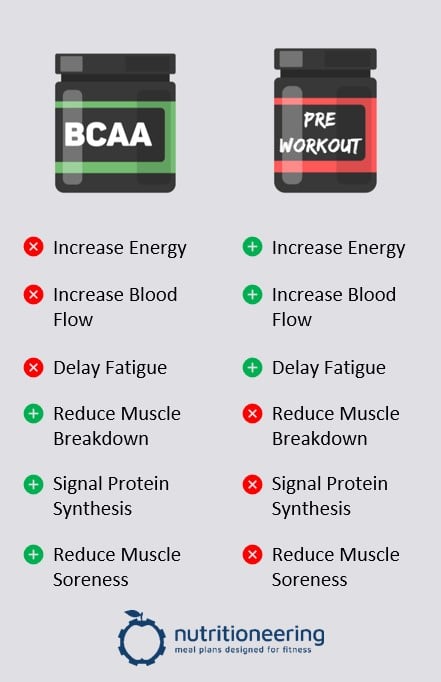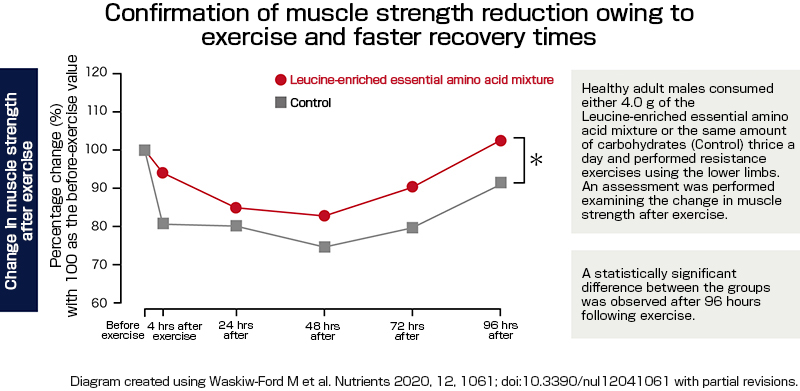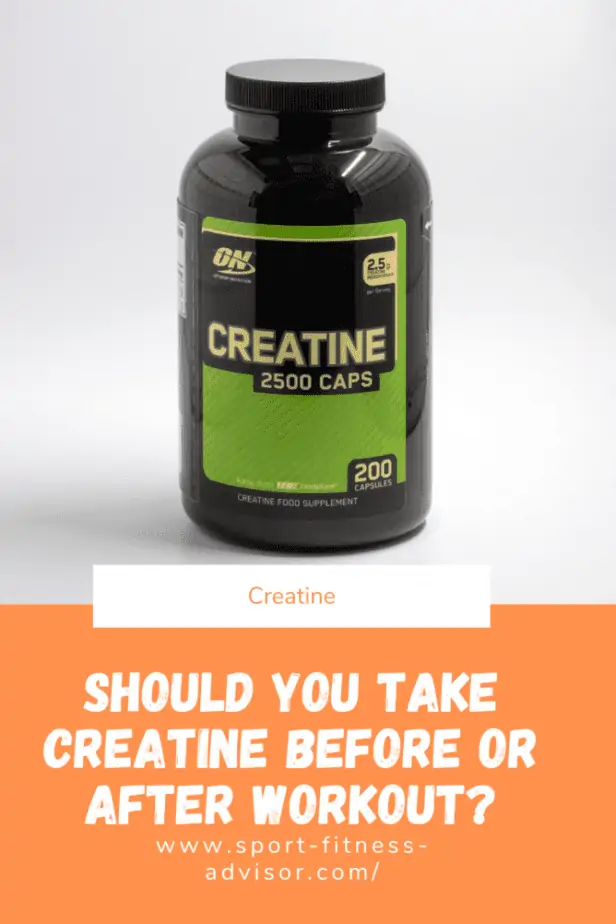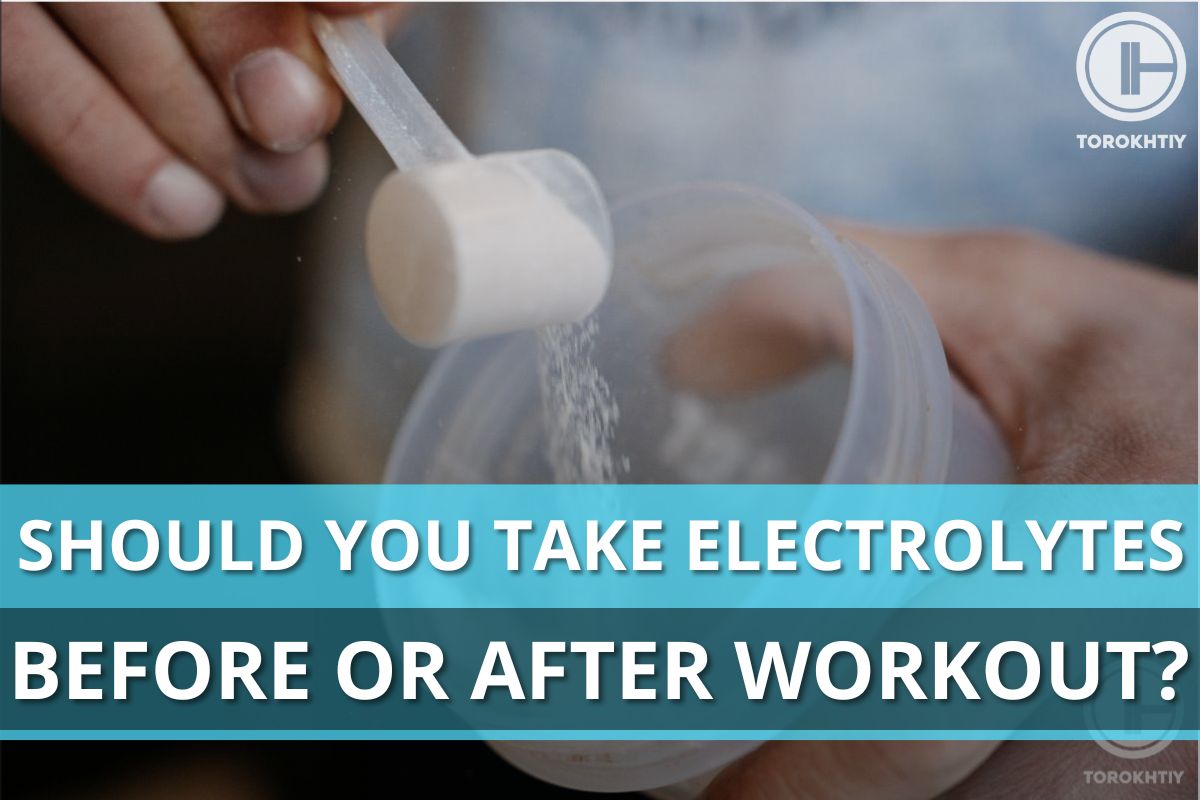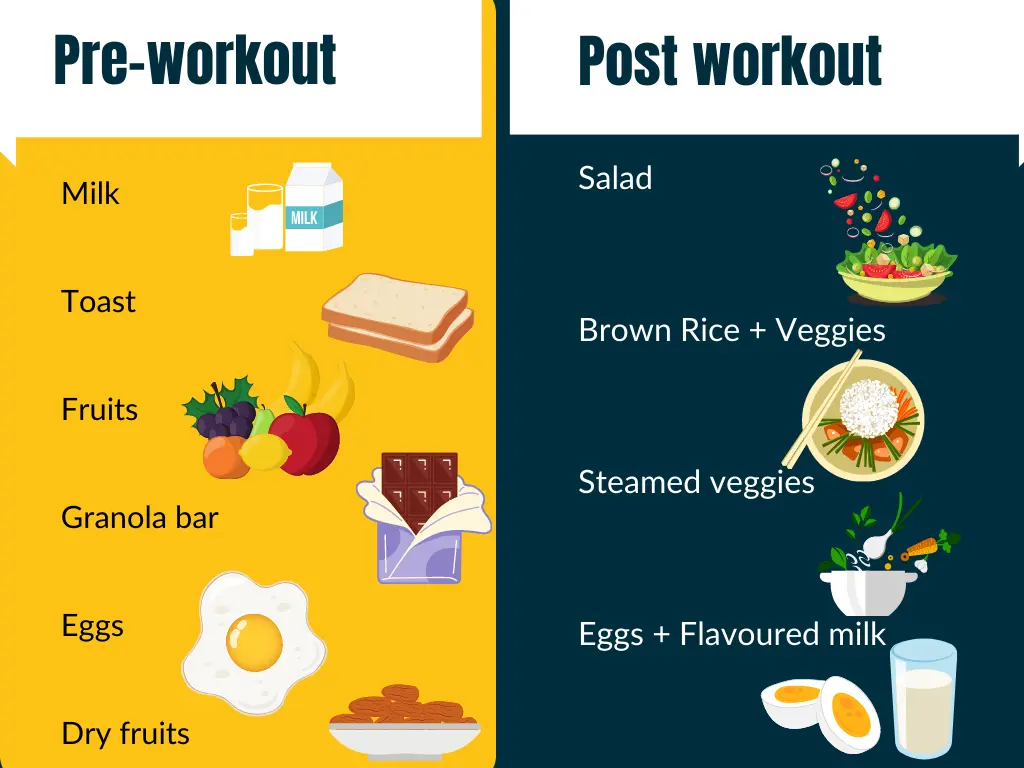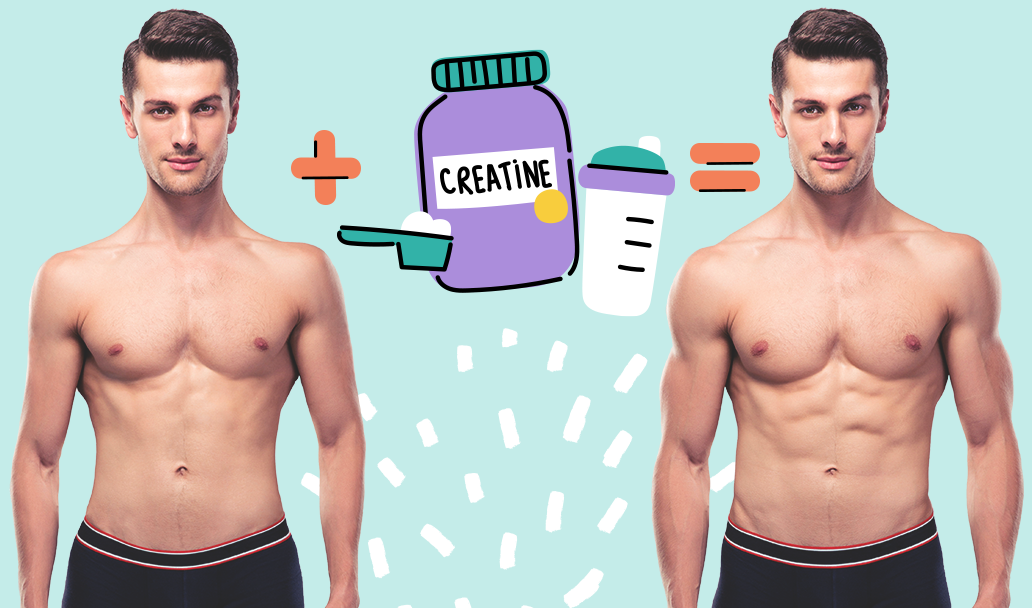Should I Take Leucine Before Or After Workout

The gym hums with a familiar energy. Weights clank, music throbs, and the air is thick with determination. You're there, bag packed, ready to push your limits, but a nagging question lingers: should you down that leucine supplement before you start lifting, or save it for after?
That's the question many fitness enthusiasts wrestle with. The timing of leucine intake – before versus after a workout – is a topic of ongoing debate in the sports nutrition world. This article delves into the science behind leucine, exploring its role in muscle protein synthesis and examining the evidence to help you make an informed decision about when to take this vital amino acid.
What is Leucine and Why Does it Matter?
Leucine is one of the three branched-chain amino acids (BCAAs), alongside isoleucine and valine. It's an essential amino acid, meaning your body can't produce it on its own; you must obtain it through diet or supplementation.
But leucine is not just another building block; it's a key regulator of muscle protein synthesis (MPS), the process by which your body repairs and builds new muscle tissue.
Think of leucine as the "on" switch for MPS. It activates a pathway called mTOR (mammalian target of rapamycin), which plays a crucial role in protein synthesis, cell growth, and survival.
The Pre-Workout Leucine Argument
Taking leucine before a workout is based on the idea of "pre-emptive anabolism". The logic goes that by flooding your system with leucine beforehand, you create an environment conducive to muscle growth right from the start of your workout.
This strategy aims to minimize muscle protein breakdown (MPB) during exercise. Hard training can be catabolic, meaning your body breaks down muscle tissue for energy.
Advocates of pre-workout leucine suggest that having leucine readily available can help shift the balance towards anabolism, even during the stress of exercise.
Some studies, like one published in the Journal of the International Society of Sports Nutrition, have suggested that pre-workout BCAA (which contains leucine) supplementation can reduce muscle damage and soreness after intense exercise.
The Post-Workout Leucine Perspective
The post-workout window is often considered the optimal time to consume protein and amino acids. This is because exercise stimulates muscle protein breakdown, creating an opportunity for repair and growth.
After a workout, your muscles are more sensitive to insulin and nutrient uptake. Providing them with leucine at this time can maximize MPS.
Many believe that post-workout leucine is most effective when combined with other essential amino acids and carbohydrates to optimize recovery and muscle building.
A study published in the American Journal of Clinical Nutrition found that consuming protein after resistance exercise significantly increased MPS compared to a placebo group.
Research and Evidence: What Does It Say?
The research on leucine timing is still evolving, and there's no definitive answer that applies to everyone. Some studies show a benefit to pre-workout leucine, while others favor post-workout consumption, and some find no significant difference.
A meta-analysis published in Nutrients examined multiple studies on BCAA supplementation and muscle damage. The results suggested that BCAA supplementation (including leucine) may be more effective at reducing muscle damage when taken before exercise, but more research is needed.
However, it's important to note that many of these studies have limitations, such as small sample sizes or variations in the type and intensity of exercise.
The International Society of Sports Nutrition (ISSN) states that "BCAAs can be consumed prior to, during, or following exercise to promote muscle protein synthesis." This statement highlights the lack of a clear consensus and suggests that individual preferences and circumstances may play a role.
Factors to Consider
Several factors can influence the optimal timing of leucine intake. These include:
Protein Intake:
If you already consume sufficient protein throughout the day (around 1.6-2.2 grams per kilogram of body weight), the timing of leucine may be less critical.
Meal Timing:
If you're eating a protein-rich meal shortly before or after your workout, you may not need to supplement with leucine at all.
Workout Intensity and Duration:
More intense and longer workouts may create a greater demand for leucine, potentially making pre- or intra-workout supplementation more beneficial.
Individual Goals:
If your primary goal is to minimize muscle soreness, pre-workout leucine might be more helpful. If your focus is on maximizing muscle growth, post-workout leucine could be a better choice.
Practical Recommendations
Based on the current research and expert opinions, here are some practical recommendations for leucine timing:
- Prioritize overall protein intake: Ensure you're consuming enough protein throughout the day from whole food sources.
- Consider pre-workout if: You're training fasted, engaging in high-intensity exercise, or prone to muscle soreness.
- Consider post-workout if: Your goal is to maximize muscle growth, and you haven't consumed protein recently.
- Experiment and find what works best: Track your results and adjust your leucine timing accordingly.
- Combine with other nutrients: Consider combining leucine with other essential amino acids and carbohydrates for optimal recovery.
Leucine-Rich Foods
Remember that you can also obtain leucine from whole food sources. Foods rich in leucine include:
- Meat (beef, chicken, pork)
- Dairy products (milk, cheese, yogurt)
- Eggs
- Legumes (soybeans, lentils)
- Nuts and seeds
Including these foods in your diet can help ensure you're getting enough leucine to support muscle protein synthesis.
Conclusion: The Importance of Context
Ultimately, the question of whether to take leucine before or after a workout doesn't have a simple answer. The ideal timing depends on individual factors, training goals, and dietary habits.
While research provides valuable insights, it's important to experiment and find what works best for your body. By prioritizing overall protein intake and considering the factors discussed, you can optimize your leucine intake and support your fitness journey.
Perhaps the most important takeaway is that consistency is key. Whether you choose to take leucine before, after, or both, the most crucial aspect is maintaining a consistent intake of this essential amino acid to support muscle protein synthesis and achieve your fitness goals. So, listen to your body, experiment, and find the strategy that best fuels your performance and recovery.

